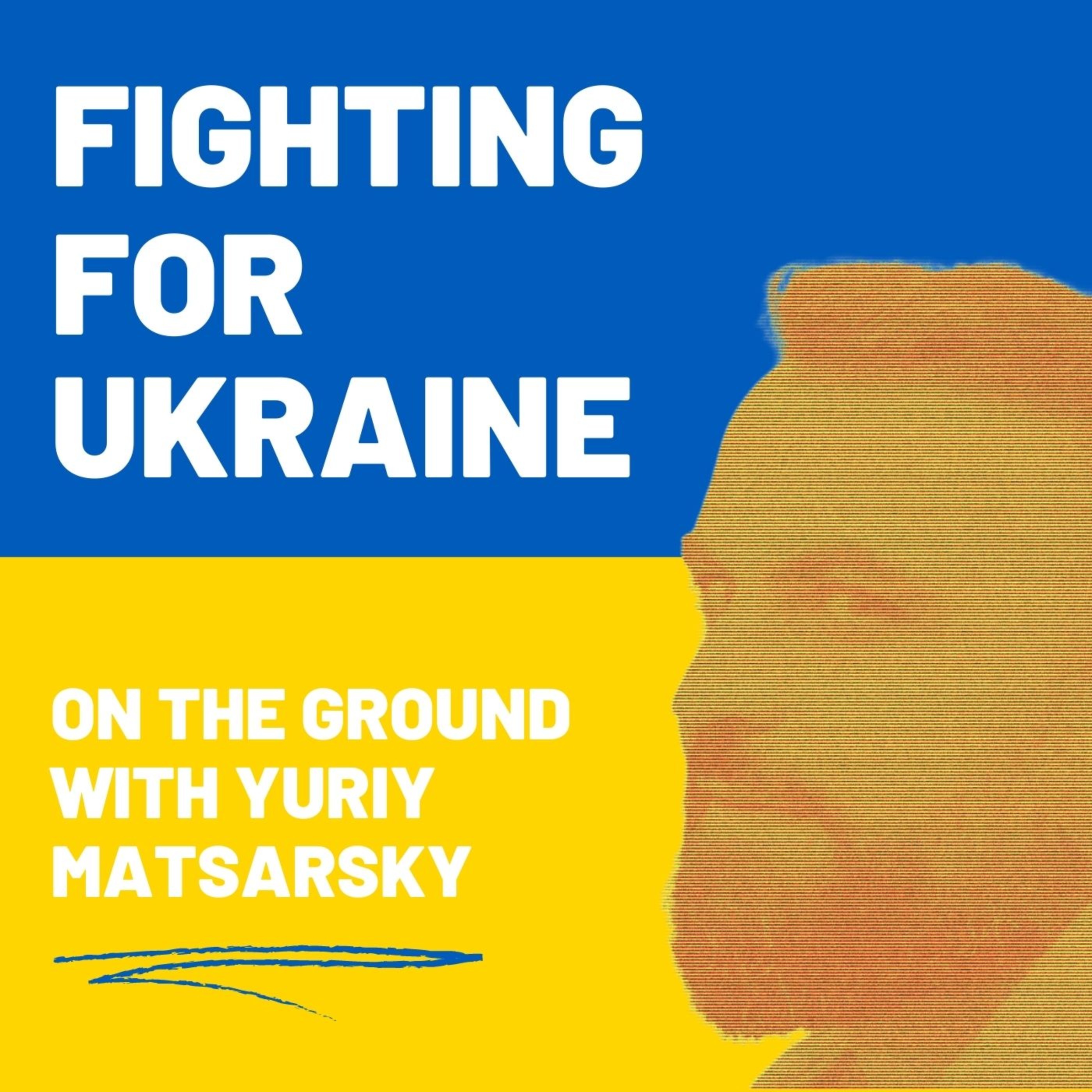
Madame President and The Stoned Frog - December 20th 2024

Fighting For Ukraine
Deep Dive
Shownotes Transcript
It is December 20. Let me tell you the promised story about the Kyrgyz president and the stoned frog. It happened in 2010. That year, in April, there was a revolution in Kyrgyzstan. Corruption in power, poverty among the people, inter-ethnic and inter-regional conflicts - all of these had been building up for a long time and finally exploded.
I was sent there to cover the events. I remember arriving in the capital Bishkek just as the revolutionaries were seizing the large presidential administration building. The staff had set fire to a pile of documents in the basement, and the tons of burning paper filled everything with smoke.
The then president fled quickly to his homeland in southern Kyrgyzstan. Kyrgyzstan is divided in half by the Tenshan mountain range. People from the south often don't get along well with those from the north and vice versa. The geography kept them separated and politicians often exploited this division for their own benefit, putting people from different regions
against each other. Long story short, after the revolution triumphed in the capital, the events shifted to the south.
where the ousted president was trying to consolidate power with the help of local elites and actual mafias. Naturally, I went there too. Those were very tense weeks. I came under fire several times, was arrested by local security services on suspicion of collaborating with Al-Qaeda, and the house I
initially stayed in was burned to the ground. In short, it was the kind of real field journalism that makes the profession worth pursuing.
While I was running around the South, the new interim government was established in the capital. A journalist friend of mine from Bishkek called to say that the new interim president, just appointed by parliament, wanted to give her first interview to my media outlet. At the time I worked for an outlet highly respected in Central Asia. I found a driver willing to take me to Bishkek and off we went.
The president's office agreed the interview would be the next day. That gave me time to recover a bit, wash my clothes and prepare questions. But just as I checked into my hotel, I still remember its name - "Dastuk", which means "Friendship in Kyrgyz". They called me to say plans had changed. Madame President Roza Atunbayeva expected me in an hour.
The hotel was 40-minute walk from the interview location, leaving me almost no time. After several weeks in the field I had no clean clothes left, well, almost none.
The only clean item was a T-shirt I'd randomly packed. Someone had given it to me as a gift. I'd never have bought it myself. It featured the words "Amsterdam" and "stoned frog holding a joint". With no other options, I put it on.
I thought I might buy something more appropriate on the way, but every shop was either looted or boarded up. So I arrived at the president office wearing the frog t-shirt and dusty cargo pants.
The sophisticated and elegant woman tried her best to hide any surprise at my appearance, but trust me, it was nearly impossible not to be surprised. So I laid my cards on the table immediately, explaining that I had just arrived from the ZALF an hour earlier after spending a lot of time observing events that nearly turned into a civil war.
I told her I had no opportunity to find more appropriate clothing. With that out of the way, the interview began. But for the first hour it was not me asking the questions. Instead, Madame President was asking me about what had been happening in the South, by when the stoned frog did not bother her anymore.